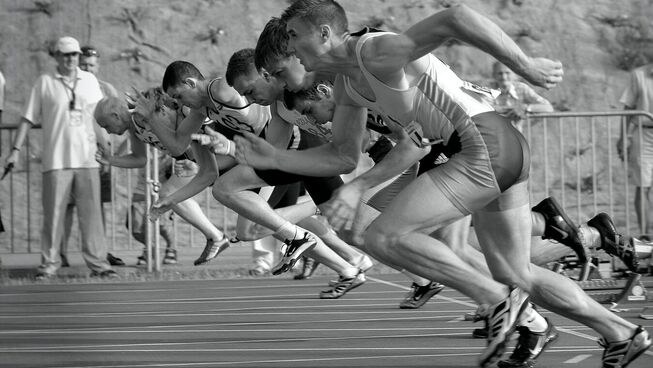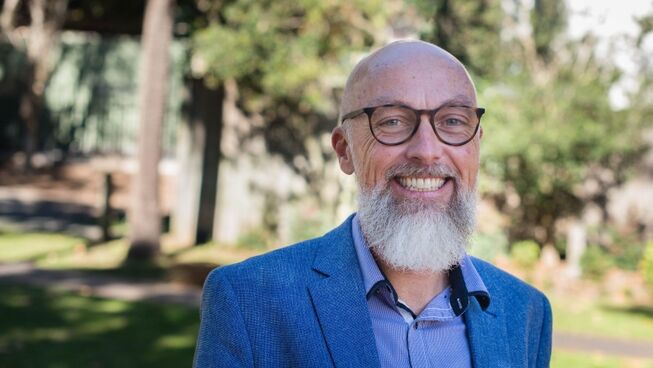
I don’t know about you, but I loved the Tokyo Olympics, especially the track and field where Australia did so well, with several medals and heaps of finalists.
Having been held off from last year due to COVID, and without audience participation because of, well because of COVID, the Olympics were supposed to tank.
They didn’t. They delivered. In spades. It’s as if so many athletes channelled the worries and fears and frustrations of last year into this year. Some of the results were spectacular.
I love the running, because I love running. Mere mortals don’t realise how fast elite running is because everyone running around that track is an elite. But put yourself on that track with them and run and then you’ll see how quick they are. And how slow you are.
And hasn’t broadcast technology just made it more up front and personal for us? The lack of crowds was more than made up for by how close we were to the action on our screens.
So at Tokyo the glory was there for all to see. Every running tear, every gasp and cry. And speaking of tears, the tragedy (in sporting terms at least) was there for all to see. The wins turned to losses with one crucial mistake.
For me, two things stood out, and both involved Aussies on the track. First, Pat Tiernan, a great distance runner, staggering home for the last three hundred metres of the ten thousand, willing himself to get up and make it to the line after gassing it on the last lap. He was there in the medal hunt right to the end and then his body gave out. It was agony. I cried. A lot of us cried. But he wasn’t to be denied finishing. You’ll see more of him in the coming years.
But second - and most memorable - the sight of Aussie decathlete, Cedric Dubler - injured and out of medal contention, slowing down in the last of the ten events, the 1500m, to ensure that his slower colleague, Ash Moloney, made it to the podium.
Moloney is a great first day athlete in the gruelling two day event, but his medal position was always going to be in jeopardy on the second day. Sure enough his US rival gained on him, and the bronze was in danger of slipping away.
Step up, or more to the point, step back, Cedric Dubler. Even injured, Dubler is a superior 1500 metre runner to the solidly built Moloney. So Dubler sacrificed his own race for the sake of Moloney. The vision shows him running just off the shoulder of the younger athlete, yelling and encouraging him to keep going. To run fast enough so that in the points system that is the decathlon, Moloney would gain enough points for a fast run to ensure he stood on the podium.
In short he needed to be within ten seconds of fourth placed US decathlete, Garrett Scantling, to take bronze.
And for a while it was touch and go. Moloney was struggling with two laps to do. Enter stage left Cedric Dubler.
All the way around that last lap as the strain showed on Moloney’s face, Dubler used up the precious oxygen pumping through his own lungs to compel Moloney forward. And then, as Moloney staggered over the line, the joy of realising he had done it surged through his exhausted body. Surged through both of their exhausted bodies. The medal was his. Or theirs. Or a mix of that!
Back here in Oz, Dubler’s sacrificial role has become almost as noteworthy as Moloney’s medal. The younger man is destined to be a superstar, but credit is being showered upon Dubler.
What is it about a self-sacrificial act that so captivates us? We see it in sport. We see it in war, which the sporting mindset models itself upon. And when so much of our sporting mantra (think Nike) is always about self-glory and crushing your race and your opponents, it’s this - this refusal to think only of oneself - that touches something in us.
I think the reason it so resonates in us is this: sacrifice - other-person-centredness - is at the heart of the universe. Or more to the point, at the heart of God. The Christian understanding of God - that God is three Persons in one, Father, Son and Spirit, isn’t about who gets the gold, the silver and the bronze.
It’s all about serving the other. It’s all about each person of God being mutually loving and giving towards the other persons of God. So much so that they are equally God and equally self-giving of each other towards the others.
Yes the Bible says that glory goes to God the Father, but it is directed through the Son (the Lord Jesus), and is powered by the Holy Spirit.
Now that may sound like so much gobbleygook to you, but here’s the guts of it: at the heart of the universe is an eternal serving of others. And no matter whether we believe in the Christian God or not, the echo of that rings down from eternity to our own hearts.
So, when we see Dubler sacrifice his own race for Moloney, we don’t see weakness, we see strength. When we see the older, more experienced athlete, slow down and run behind the younger man encouraging him, we don’t see a lack of ability, we see the presence of care and concern. When we see both of them collapsing at the end, exhausted and overjoyed, we don’t see a medallist and an also-ran, we see both men sharing glory.
And perhaps when we see that, it might cause us to look upwards and ask ourselves, if that does indeed warm our hearts to see, where did that self-giving joy come from? What is its source? In another three years time (yes the Olympics are only three years away now!), another medallist may get the glory. Dubler may have retired. Moloney may be injured or fail to medal. But the self-giving that is at the heart of the universe, because it is at the heart of God, will still be there.
Photo credit: Pexels


